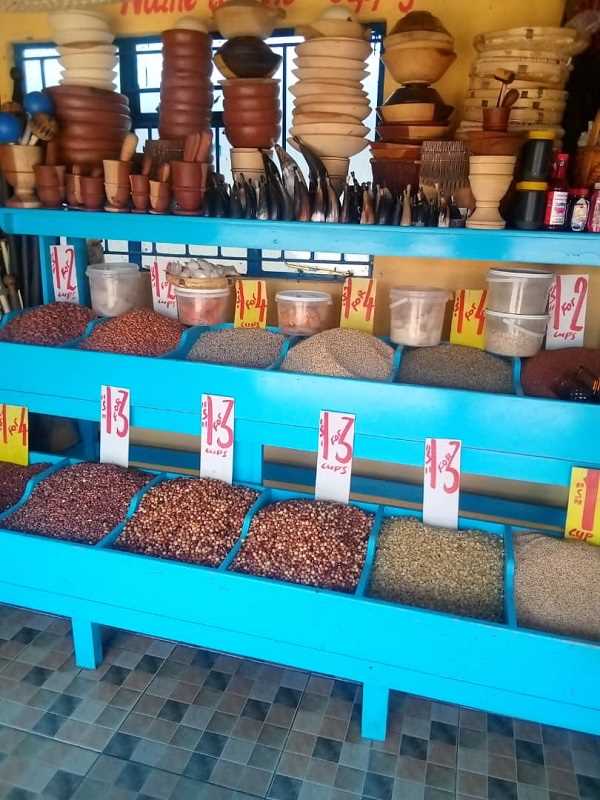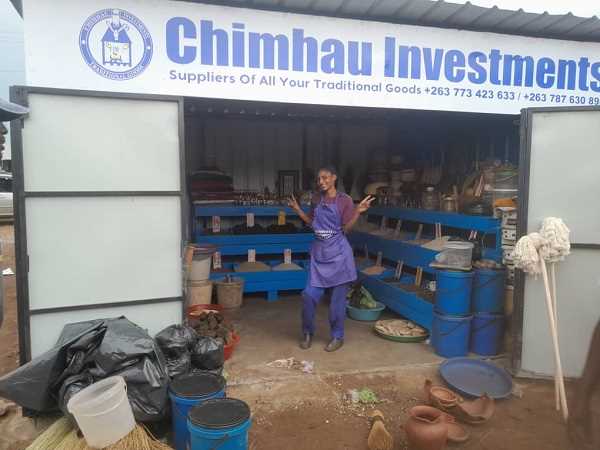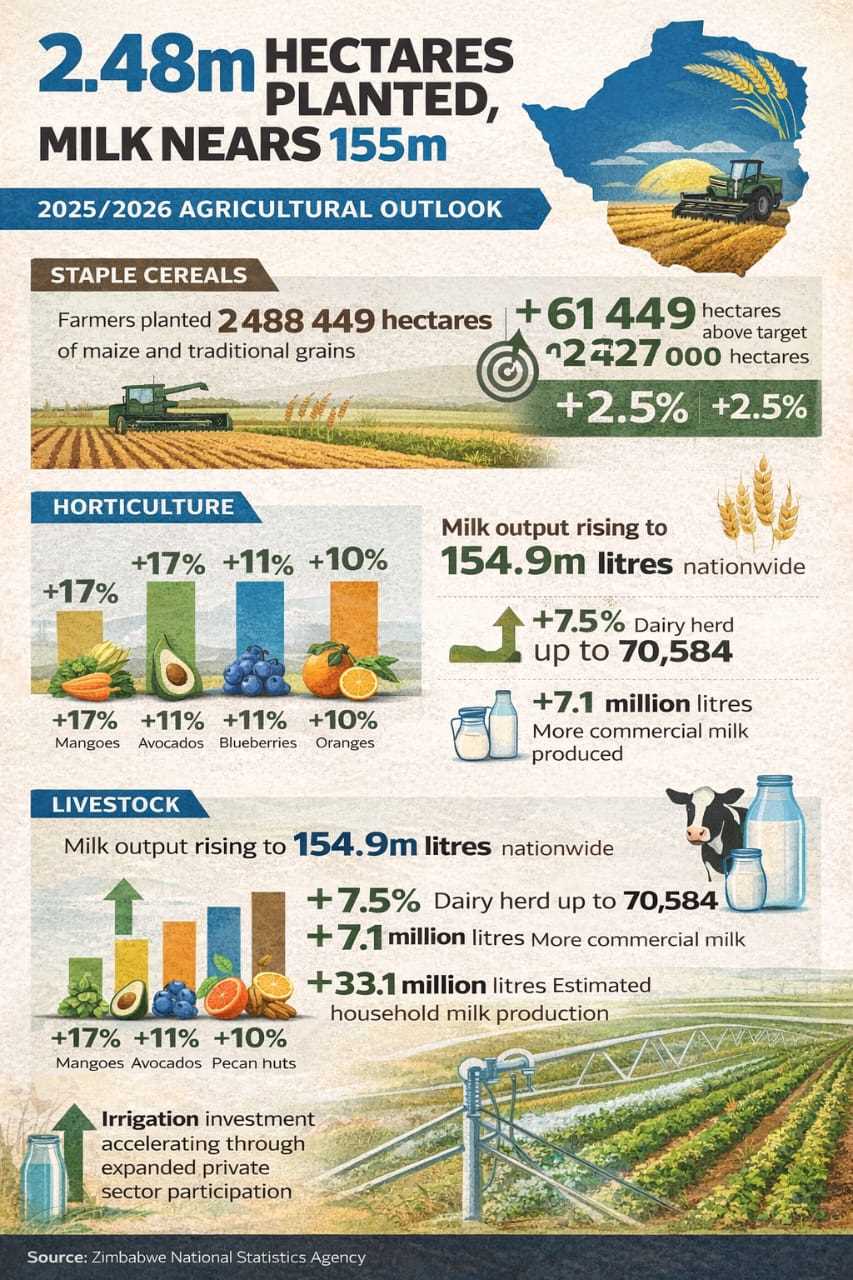
Tavonga Zvinonzwa
The traditional lifestyle that Blessing Chimhau fed on while growing up in Katsande Village under Chief Charehwa in Mutoko District, Mashonaland East Province inspired him to venture into the dried traditional foods business.
Then, Chimhau’s maternal grandmother would prepare various traditional dishes which she would serve to Chimhau and others who were under her wings.
“As someone who was raised by my grandmother in the rural areas of Mutoko, traditional meals like dried vegetables with peanut butter were common in my diet.
“I did not know that the traditional knowledge in me would take me this far.
“I acquired the knowledge on how to preserve and prepare traditional foods during my childhood days”, said Chimhau.

Now 42, Chimhau is the proud founder and owner of Chimhau Investments Private Limited, a fully registered company that runs a thriving traditional foods business in the capital, Harare, and its dormitory town, Chitungwiza.
With a staff compliment of 60 full time employees, Chimhau Investments has grown in leaps and bounds as it now runs 42 traditional foods kiosks dotted across the high-density suburbs of Harare and Chitungwiza.
However, plans are already in place to open other branches in Norton before spreading to other cities and towns.
“Very soon we are going to open branches in Norton,” said Chimhau.
Sold at the booths are dried traditional vegetables like cowpea leaves (munyemba), spider flower (nyevhe), okra (derere), black jack (mutsine) among other vegetables.
In terms of traditional maize meal, Chimhau Investments offers rapoko (upfu hwezviyo), millet (upfu hwemapfunde) and sorghum (upfu hwemhunga).
These formulate the base of some of the starch dish options that have become the in-thing at upmarket and pricey restaurants in Harare, especially those north of Samora Machel Avenue.

Mopane worms (madora), kapenta (matemba), mushroom (howa), bird plum (nyii) and baobab fruit (mawuyu), ground nuts (nzungu), round nuts (nyimo) and cow peas constitute the other dried merchandiise available at Chimhau Investments kiosks.
But Chimhau’s story to success is one of hard work, determination, perseverance and resilience.
Related Stories
Despite facing numerous setbacks and obstacles in his line of work, Chimhau has soldiered on.
After completing Form Four at Chindenga Secondary School in Mutoko, Chimhau was lured by the bright lights of Harare and moved to the capital in search of greener pastures.
However, because of limited capital, he had to endure back-breaking chores like carrying baskets full of fresh fruits and vegetables on his head from the market.
But after realising that fresh fruits and vegetables have short shelf-life, Chimhau ditched dealing in the products and quickly switched to the dried traditional foods business around 2007.
This is when Chimhau Investments was birthed, with only one makeshift vending stall in Chitungwiza.
Chimhau said he is grateful to the people of Mutoko for being supportive as he sources most of the merchandise from his rural home.
As calls for reverting to healthy traditional foods are growing louder by each passing day, the demand for traditional foods has surged.
Chimhau told Zim Now that even Zimbabweans in the diaspora place their traditional foods orders at Chimhau Investments through their local relatives and friends.
Medical practitioners, nutritionists and government have been raising awareness on the importance of and health benefits of consuming traditional foods.
According to reports, some of the country’s major hospitals are serving rapoko porridge among other traditional foods to their patients.
First Lady, Dr Auxillia Mnangagwa has also been going around the country, promoting the uptake of traditional foods among all age groups.
According to online sources, traditional foods reduce the chances of contracting non-communicable diseases such as diabetes and hypertension.
NCDs rank among the biggest killers in the world today.




















Leave Comments